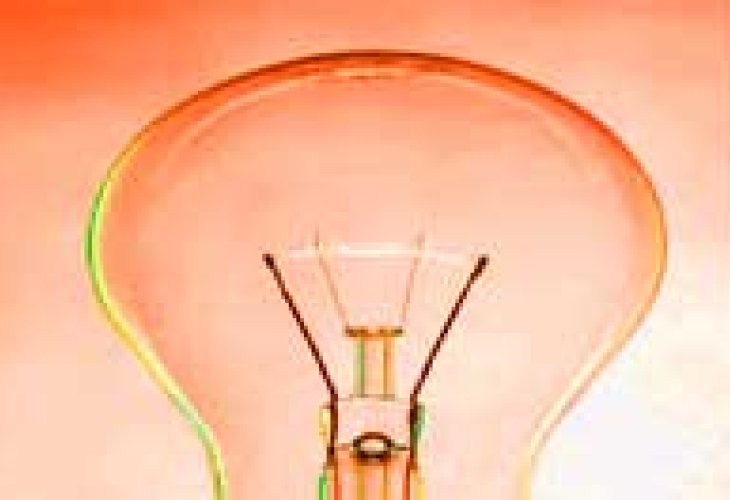Jewish Law
Why Electricity on a Shabbat Timer Is Permitted — but Media Broadcasts Are Not
Learn how Jewish law distinguishes between life-saving electricity and forbidden labor in modern technology
- Rabbi Zamir Cohen
- |Updated

Why is it permitted to benefit on Shabbat from electric lighting that operates automatically through a Shabbat timer, yet forbidden to benefit from media broadcasts (such as television or radio) that also run on a timer? After all, in both cases, Jewish workers at the Electric Company and the Broadcasting Authority are working on Shabbat. Was the prohibition simply adjusted for convenience?
* * *
Heaven forbid to think that Jewish law is ever “bent” for the sake of comfort or convenience. The Torah of Israel is the Torah of God, and no one has the authority to alter it according to personal preference.
Anyone who studies the vast body of halachic literature will immediately recognize the faithful adherence of Torah sages to the original sources, carefully analyzing each question to determine whether it is comparable to previous cases or requires a distinct ruling.
Halachic Background: Benefiting from Work Done on Shabbat
A key principle in Jewish law is that any object produced through forbidden labor on Shabbat may not be used or enjoyed during Shabbat.
For example:
A dish cooked on Shabbat, or any product made through forbidden labor, may not be eaten or used on that day.
After Shabbat, the food becomes permitted, except for the person who cooked it and for those it was cooked for — they may never benefit from it.
If the work was done unintentionally (for example, the person did not realize it was Shabbat), then even they may eat from it after Shabbat (Shulchan Aruch, Orach Chaim 318:1).
However, saving a life (pikuach nefesh) overrides Shabbat. As Shulchan Aruch (328:1) states: “For one who is dangerously ill, it is a mitzvah to desecrate Shabbat on his behalf, and whoever acts quickly is praiseworthy. One who hesitates to ask a rabbi before acting is as if he spilled blood.”
Even if the danger is uncertain or only possible, we still desecrate Shabbat (ibid. 10).
Why Electricity on Shabbat Is Permitted When Operated by Timer
Given that many homes contain infants, the elderly, or the sick, and that electrical power is essential for life-saving medical devices (like ventilators), it becomes a matter of pikuach nefesh to maintain a constant electricity supply — even on Shabbat.
Even if someone pre-sets a Shabbat timer for medical or household needs, the flow of electricity from the power grid must continue uninterrupted for emergency use — such as lighting for medical calls or finding critical medication at night.
For this reason, Jewish workers at the Electric Company who ensure the stable operation of power for life-saving purposes are considered to be acting under the category of pikuach nefesh, and their work is therefore permitted by halacha.
Hence, it is permitted to benefit from that electricity for lighting, heating, or ventilation when the devices are activated via a Shabbat timer.
Modern Electricity Production
Today, most electricity generation is automated and runs without direct human operation, so in practice, the production itself does not involve Shabbat desecration.
However, the above reasoning is necessary for cases where manual intervention is required — such as repairs, system balancing, or preventing power outages — all of which may be performed on Shabbat only for life-saving needs.
Private workers performing unrelated maintenance or administrative tasks during Shabbat are indeed desecrating it, but their actions do not invalidate the electricity supply, since the power itself is considered produced permissibly.
(Still, an observant Jew working for the Electric Company must consult a competent rabbi to determine whether their specific duties involve pikuach nefesh or not, and whether they may respond to work calls, travel, or operate equipment on Shabbat.)
In addition, many Sabbath-observant communities today install neighborhood generators to avoid even indirect benefit from electricity produced by Jewish labor.
Why Media Broadcasts Are Forbidden on Shabbat
Once we understand the reasoning behind the allowance for electricity, the distinction becomes clear:
Electricity is permitted because its production is tied to pikuach nefesh and is mostly automated.
Media broadcasts — radio, television, internet, etc. — are entirely different.
Jewish workers in broadcasting stations perform forbidden labor on Shabbat with no justification of life-saving need. Therefore, the content they produce is considered the product of Shabbat desecration.
Benefiting from such broadcasts is halachically comparable to eating food cooked on Shabbat in violation of Torah law — forbidden to enjoy even if the device itself was pre-set by a timer.
Electricity on Shabbat is permitted because:
It may be necessary for life-saving purposes.
It is mostly automated.
The small human involvement is done under halachic allowance (pikuach nefesh).
Media broadcasts, however, involve active and unnecessary Shabbat labor by Jews, and their product is thus forbidden to enjoy — even if turned on automatically.
The halacha is precise, consistent, and never based on convenience. Its logic is rooted in divine law — distinguishing between life-saving necessity and entertainment or convenience, between what is permitted and what remains sacredly forbidden on the holy day of rest.

